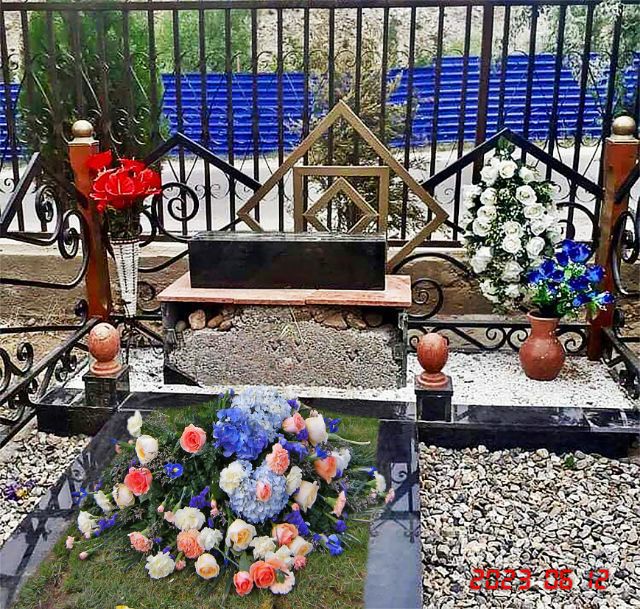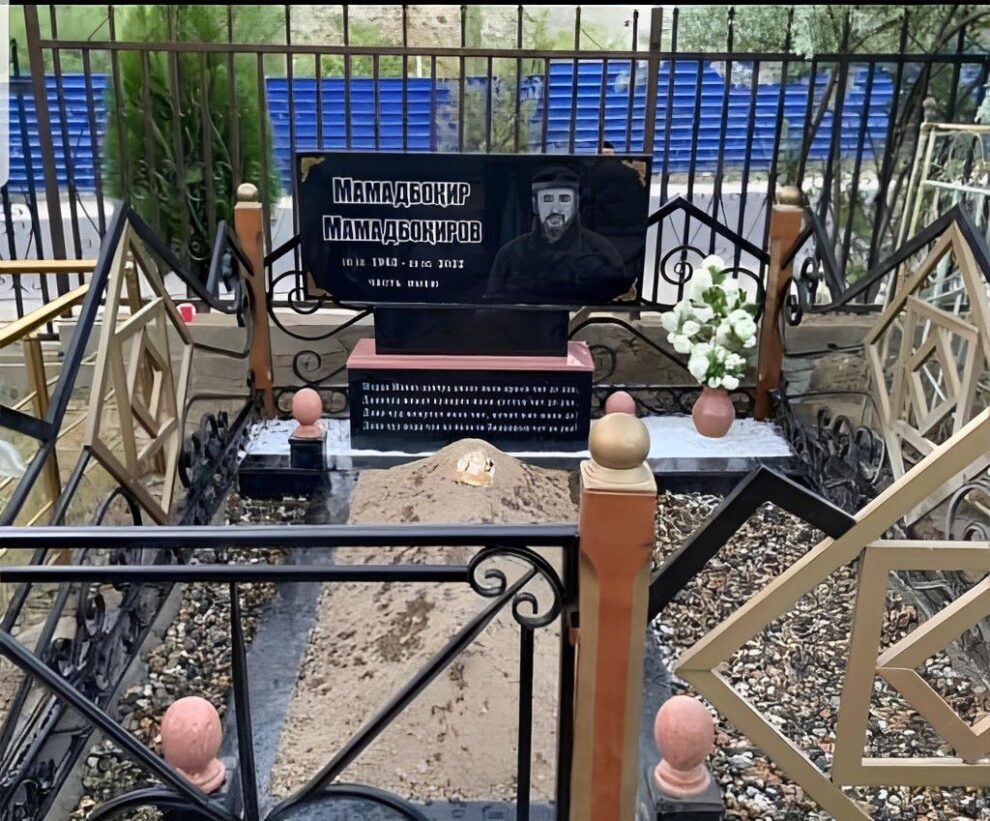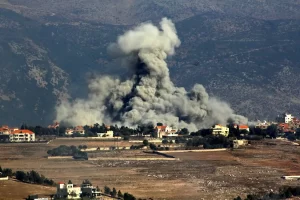Dushanbe, Tajikistan, Central Asia (15/6 – 60)
On 28 April, President Emomali Rahmon who has ruled Tajikistan since 1992 signed into law a Decree imposing the Procedure for “burying the bodies of terrorists neutralised in the course of a counterterrorism operation”. In the regime’s parlour, this means the bodies of those killed and/or assassinated.

The new procedure denies the families of those killed in what the regime calls “anti-terrorism operations” the possibility of burying the dead in a place they want, knowing where the dead are buried, investigating how the death occurred, and burying the dead with the religious or other rites the dead or the family would have chosen.
The regime’s “vanishing martyrs” is already backfiring, although the regime attempts to erase all traces of the killed from the social life and history books of the troubled country. According to social media posts circulated in Tajikistan and neighbouring countries in the region, flowers mysteriously appear on the gravesites of the slayed Pamiri’s.

For the dead such as these, the regime resorted to the usual suppressive measures to ‘warn’ relatives not to visit the graveyard. The regime and its KGB-style security apparatus wants them dead, forgotten and erased from the collective memory.
One prominent opposition leader said this move shows the Tajik regime and the KGB-successor are desperate to please the kleptocratic family. The tune of – these were all ‘terrorists’, is shale and holds very little credibility.
He added, “The more the Rahmon regime tries to supress us, the more ordinary Tajiks are joining the resistance. History is a cruel teacher as we saw other dictatorships.”
The new law states, that state authorities “determined by the organs of the initial investigation” are to bury such individuals at a place the states choose, “and the place of burial must not be revealed to anyone.” Burial records must not give the name of the individual, and the dead are to be transported to the place of burial in closed coffins which must not be examined.

Tajikistan bans the families of those killed in what the regime calls “anti-terrorism operations”, the right to burying the deceased in a place they want, knowing where they are buried, investigating how the death occurred, and burying the dead with the religious or other rites the dead or the family would have chosen.
The most immediate targets of the Procedure are Ismaili Muslims and others in the Mountainous Badakhshan Region (GBAO) who have been killed by regime forces in a so-called “anti-terrorism operation” since November 2021.
A human rights defender who wished to remain anonymous for fear of state reprisals told the reporters that, “I think the authorities want to punish the relatives of those they killed, as well as publicly threaten that people who protest the government will die and will not be buried as Muslims. This is all done to threaten the public”.
Local leaders are enraged by the regimes disrespect for Islamic culture of the Pamiri’s and some observers predict this policy will give further rise to the resistance against the dictatorship of President Rahmon and his ilk.
“The authorities are enforcing the Decree violently,” human rights defender and journalist Anora Sarkorova told western media. She knew of a case in early May 2023 when the secret police in Rushan tortured the relative of a protestor.
Sources in Tajikistan informed governments of Norway and the EU that the Tajik successor of the KGB, the NSC and Interior Ministry have also both recently warned relatives of protestors killed in 2022 not to put up gravestones with the names of the deceased. Warnings to relatives were reported as early as May 2022.
“If relatives will not listen to the warnings and decide to put up gravestones with names, they threatened the relatives with imprisonment,” sources told civil society bodies in Brussels.
Tajikistan’s legally binding international human rights obligations condemn such regime actions. In separate rulings on Tajikistan relating to men executed earlier under the death penalty, the UN Human Rights Committee used almost identical language to condemn refusal to notify relatives of the circumstances of the death, hand over the body of the deceased, and identify the place of burial. The UN Committee also stated that Tajikistan “is also under an obligation to prevent similar violations in the future”.
But the regime is impervious about calls for reason setting the stage for a new uprising. “Families were not allowed to conduct an Islamic ritual washing of the body themselves, to prevent them from seeing the injuries individuals had sustained”, Sarkorova added.
The Regime responds: “I have not even heard of such a Decree”.
Sodik Shonazarov, Senior Advisor of the Legal Policy Section of the Presidential Administration, refused to discuss the Decree with the reporters. He also refused to explain why the regime has banned Muslims burying their dead according to Islamic rites, and why the regime does not respect its human rights obligations relating to deceased people, their families and friends. He instead told reporters to talk to the Ombudsperson’s Office.
On June 7, Hamrokhon Davletov, Assistant to Ombudsperson Umed Bobozoda, took note of the questions on why Emomali Rahmon signed the Decree. When asked what the Ombudsperson’s Office is doing to guarantee the human rights the Decree violates, there were no replies or statements. The Ombudsperson is not independent of the regime and does not fully comply with the Paris Principles for National Human Rights Institutions.
Sanobar Baratzoda of the Interior Ministry’s General Section claimed that they not heard of such a Decree by the President.
The Assistant to the First Deputy Chair of the State Committee for Religious Affairs and Regulation of Traditions, Ceremonies and Rituals (SCRA) refused to discuss the Decree or human rights violations related to it. There was also no reply from SCRA spokesperson, Avshin Mukim.






































